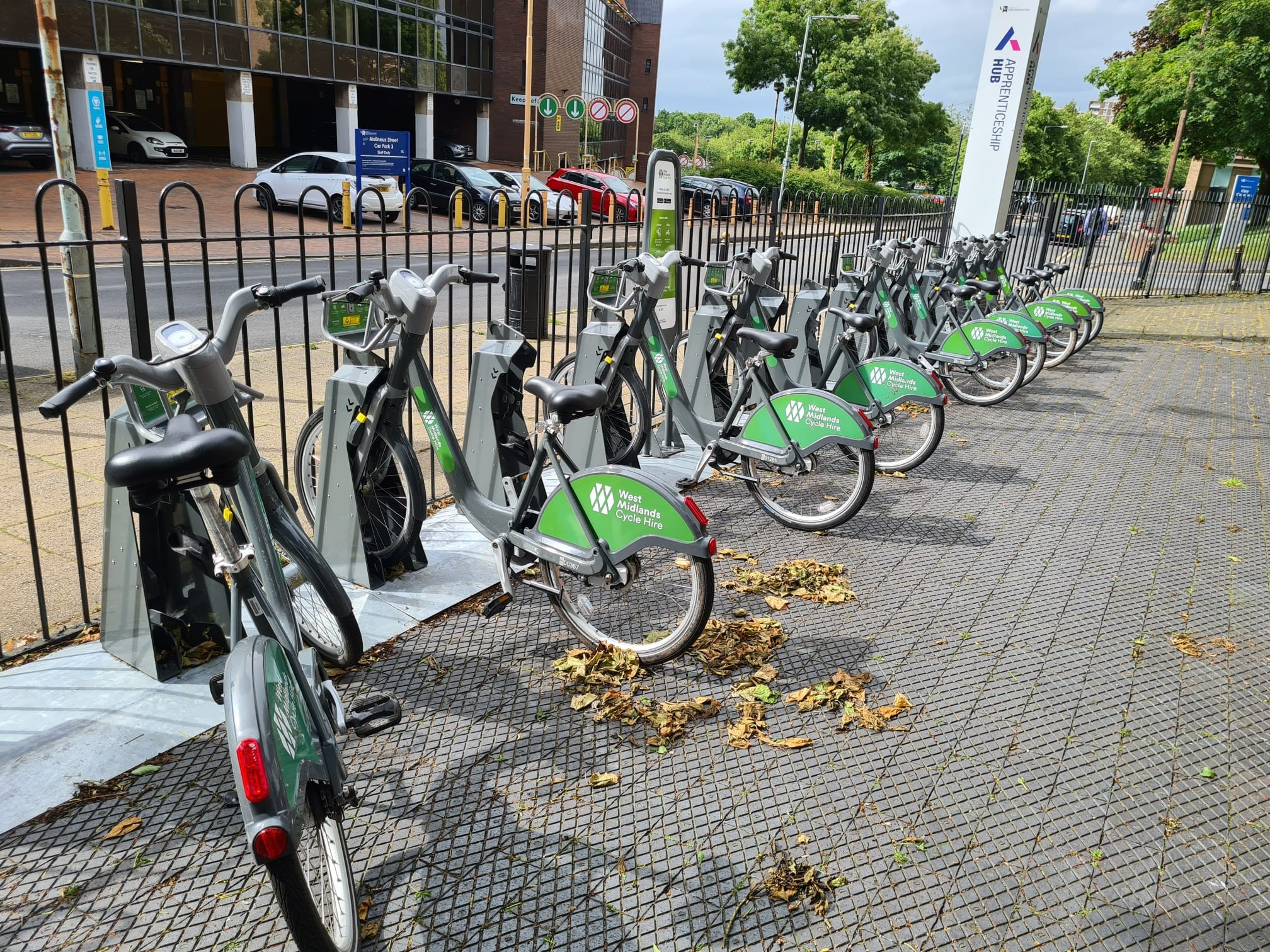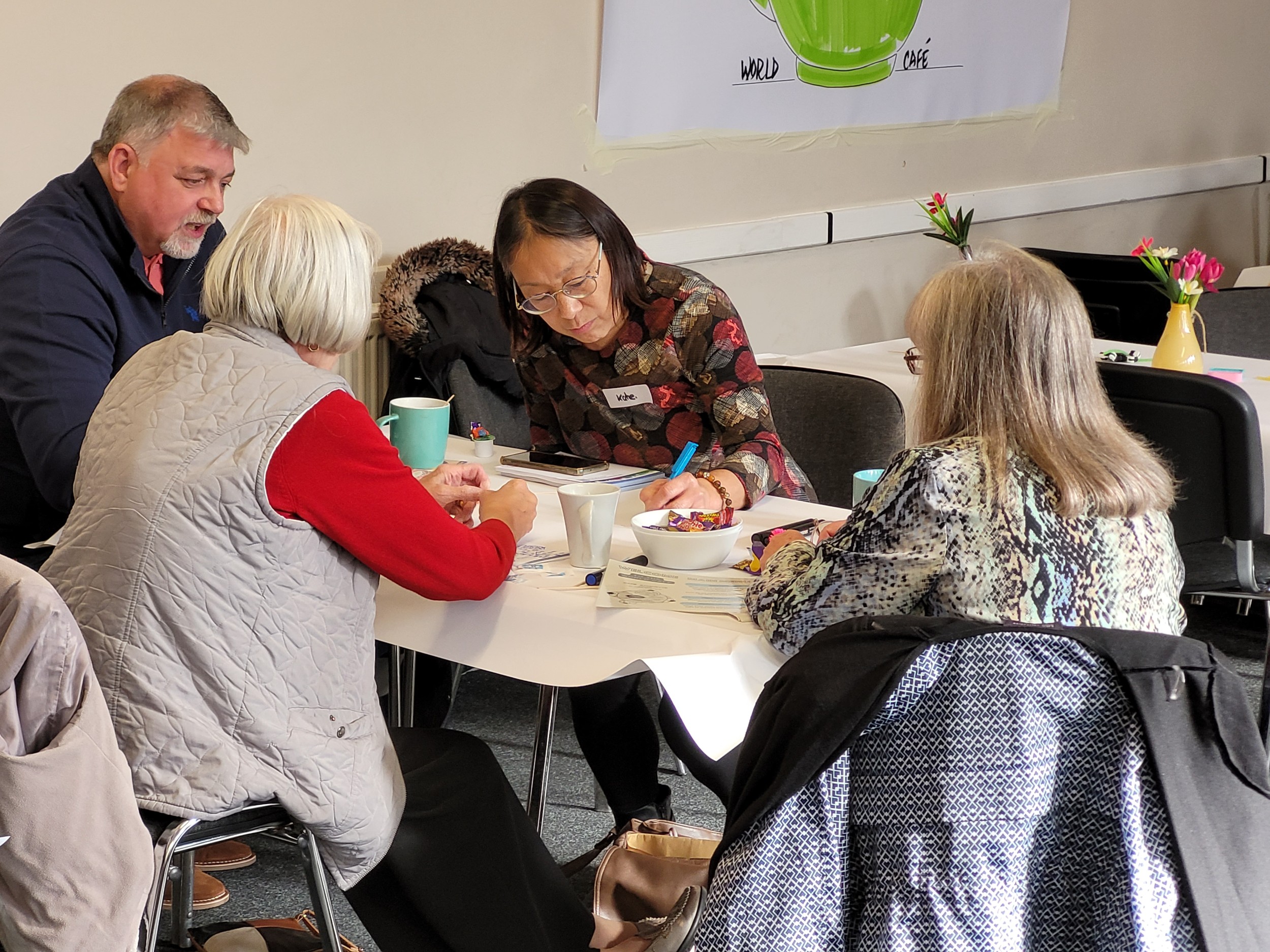The City of Wolverhampton is part of the Birmingham and Black Country conurbation and a gateway between the historic Black Country and the beautiful countryside of Shropshire and Staffordshire.
The city grew initially as a market town specialising in the wool trade initially. During the Industrial Revolution, it became a major centre for coal mining, steel production, lock making and the manufacture of cars and motorcycles.
Wolverhampton was granted city status in 2000 and natives of the city are called Wulfrunians.
The population of Wolverhampton is 311,036 with 23.4% aged 0-17, 60.2% aged 18-64 and 16.4% aged 65+. This is above the national average (20.8%) for the percentage of people aged 0-17 years old and below the national average (18.6%) for people aged 65 years old and over.
45.3% of the population are from ethnic minority groups. These groups include people from Ghana, India, Italy, Jamaica, Lithuania, Nigeria, Pakistan, Zimbabwe.
The latest figure for life expectancy at birth is 76.3 years for men and 80.3 for women, lower than the England figures of 78.7 years for males and 82.8 years for females. Current ‘healthy life expectancy’ – the number of years lived in good health – is 60.0 for men and 59.3 for women, below the England average of 63.1 and 63.9 years respectively.
Cardiovascular disease (CVD), cancer and respiratory disease are the top three causes of death in Wolverhampton. Alcohol has a significant effect on life expectancy and mortality. During 2020 Wolverhampton had the worst alcohol-specific mortality rate in the UK with a rate of 29.3 per 100,000 population (equating to 70 deaths).
Infant mortality rate for Wolverhampton is 5.2 per 1,000 live births, lower than the regional rate, but still higher than it could be. 27.4% of children in Reception are overweight or obese. By Year 6, this rises to 48.0%, worse than the average for England.
Mental health is integral to overall health and is fundamental to growth, development, learning and resilience. The conditions in which people live, grow, work and age all affect mental health and wellbeing. As of December 2022, 4.70% of over 65s, 2,034 individuals, were diagnosed with Dementia in Wolverhampton. This is higher than both England (4.33%) and West Midlands (1.50%) averages. In 2021-22, 724 per 100,000 of over 65s had permanent placements in residential or nursing care. Over 10% of over 65s report feeling a lower than average level of wellbeing. Only 31% of adult carers who are over 65 have as much social contact as they would like, compared to 38% nationally.
Wolverhampton Place Partnership
The Wolverhampton Place Partnership is known as OneWolverhampton.
Who are they?
OneWolverhampton is a partnership of health, social care, voluntary and community organisations who are working together to improve people’s life chances and health outcomes.
They aim to work more closely together to support communities in Wolverhampton and reduce the widening gaps in health inequalities by focusing on not just health but the wider determinants such as employment, education, lifestyle, housing and the local environment.
The partnership includes:
- Black Country Healthcare NHS Foundation Trust
- City of Wolverhampton Council
- Compton Care
- Healthwatch Wolverhampton
- NHS Black Country Integrated Care Board
- Primary Care Networks (General Practice - six across the City
- The Royal Wolverhampton NHS Trust
- West Midlands Ambulance Service
- Wolverhampton Homes
- Wolverhampton Voluntary and Community Action
A Place of Welcome offers your neighbourhood a place where everyone can go for a friendly conversation and free refreshments, if and when they need it, all year round.




